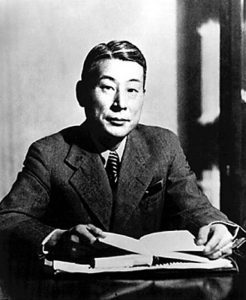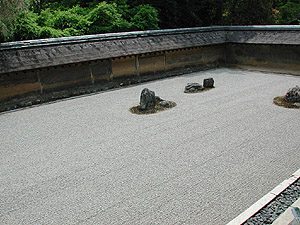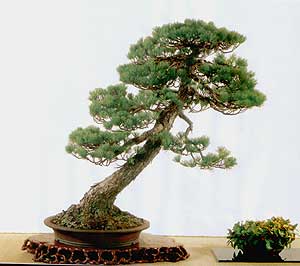and the future
How Japanese Schindler in the USSR saved thousands of Jews from concentration camps: Tiune Sugihara
 Thanks to the 1993 Oscar-winning film directed by Stephen Spielberg, the whole world learned the story of Oscar Schindler, a German businessman and member of the Nazi party who saved hundreds of concentration camp Jews during the Holocaust. But even today, few have heard of the Japanese Tiune Sugihara, a Japanese diplomat who worked in the Lithuanian consulate in 1940 and repeated Schindler’s feat.
Thanks to the 1993 Oscar-winning film directed by Stephen Spielberg, the whole world learned the story of Oscar Schindler, a German businessman and member of the Nazi party who saved hundreds of concentration camp Jews during the Holocaust. But even today, few have heard of the Japanese Tiune Sugihara, a Japanese diplomat who worked in the Lithuanian consulate in 1940 and repeated Schindler’s feat.
This story, which can be called one of the most striking in the history of the war, is rarely mentioned even in historical reports on the events of the Holocaust.
In 1940, Sugihara worked as Japan’s Vice Consul in Kaunas, which was then the capital of Lithuania. The city had a large and prosperous Jewish community of about 30,000 people. Between 1939 and 1940, the number of Jews in the city increased by several thousand people fleeing persecution in Nazi-occupied Poland. The refugee stories of the horrors that befell the Jews under Nazi rule literally forced blood to be washed away in the veins of local residents. Continue reading
MIN TANAKA: DANCE OF THE WORLD
 The building of the Theater School of Dramatic Art Theater on Sretenka is not just a wall. This is a huge bright space, getting into which, a person immediately becomes an object of art. Architecture (one of the authors of the project is the Artistic Director of the Theater Anatoly Vasiliev) is designed so that anyone who appears there feels as if in the arena, on the podium, and it is not by chance that the white walls do not imply approaching them, it is no coincidence that there are no chairs along walls. You must perforce move, climb and descend through the numerous ladders, getting onto balconies and platforms, every second building your relationship with space, with an echo from your voice and steps. The theater has already begun. Continue reading
The building of the Theater School of Dramatic Art Theater on Sretenka is not just a wall. This is a huge bright space, getting into which, a person immediately becomes an object of art. Architecture (one of the authors of the project is the Artistic Director of the Theater Anatoly Vasiliev) is designed so that anyone who appears there feels as if in the arena, on the podium, and it is not by chance that the white walls do not imply approaching them, it is no coincidence that there are no chairs along walls. You must perforce move, climb and descend through the numerous ladders, getting onto balconies and platforms, every second building your relationship with space, with an echo from your voice and steps. The theater has already begun. Continue reading
JAPANESE GARDENS WITH THE EYES OF A JOURNALIST
 The famous rock garden of the Ryoanji Monastery in Kyoto. Japanese gardens do not bear material fruit. Their purpose in another is to awaken the work of thought.
The famous rock garden of the Ryoanji Monastery in Kyoto. Japanese gardens do not bear material fruit. Their purpose in another is to awaken the work of thought.
Divine emptiness
It is known that in Zen monasteries there are rooms for contemplation. They are empty. According to legend, the founder of the Darum sect, in order to renounce both the world and himself, for many years sat in such a room facing the wall. Contemplation of empty space is one of the methods of understanding the Absolute. Such are the classic Japanese gardens – stones, mosses, water, young pine … They resemble the same rooms and are not created for admiring. The concept of immortal emptiness is hardly Continue reading




